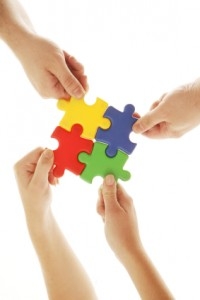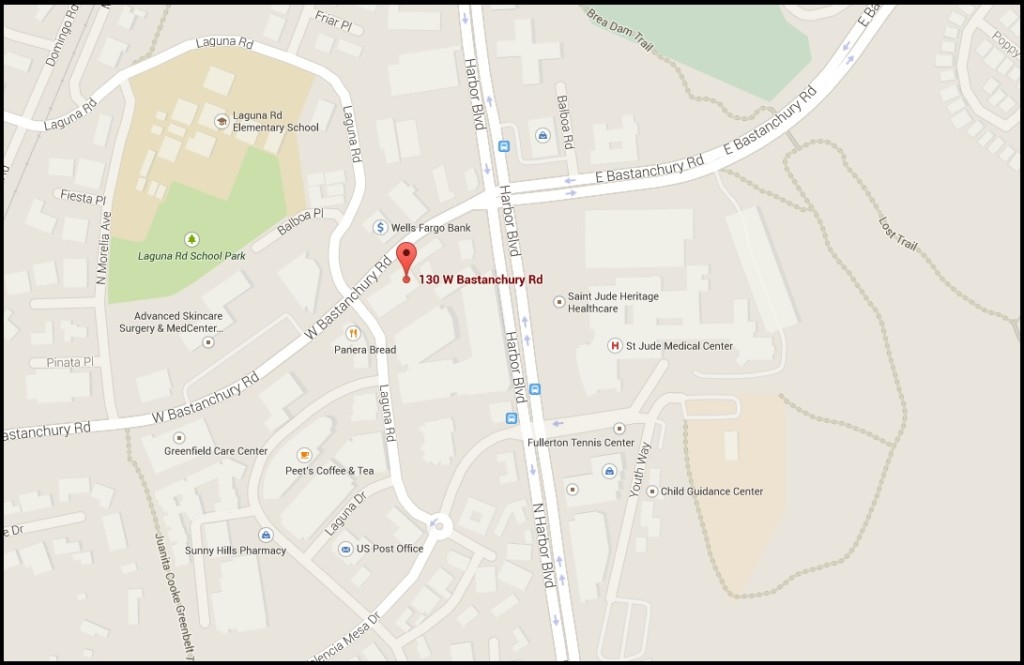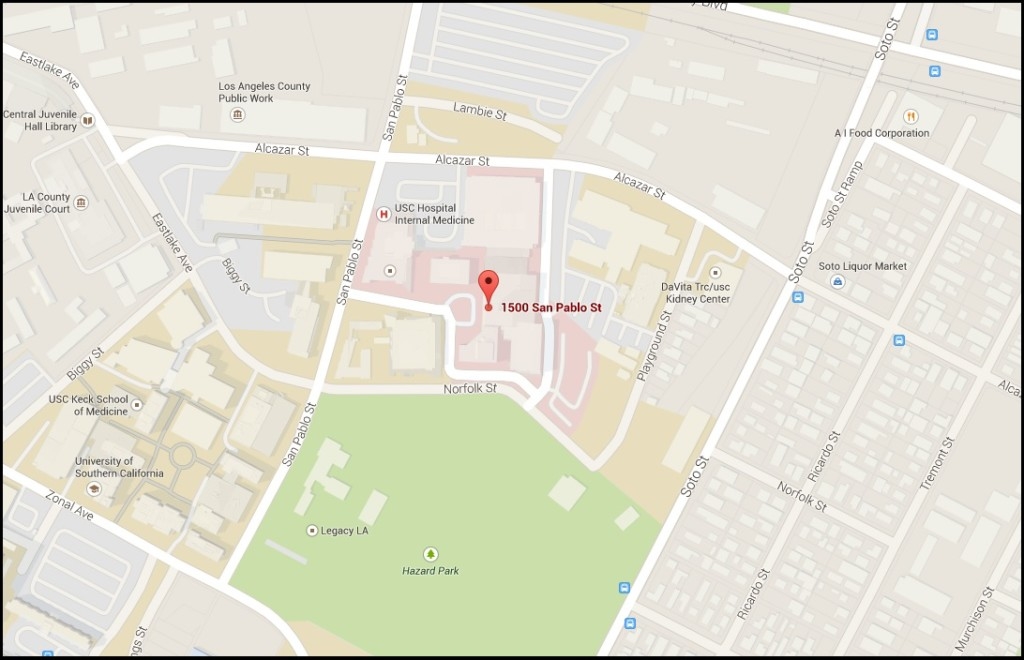
Striving hard to achieve the goal that 80 percent of strokes are preventable, we here at the RTH Stroke Foundation are constantly improving the methods in which we fight against stroke. In order to reduce the impact of stroke on our community, we now offer three distinct Support Groups in South County, North County, and Los Angeles County that cater to those affected by stroke. You may choose which region is closer to your residence and read its description for further information.
***To register to attend a stroke support group, visit our new website at www.hopeafterstroke.org***

Our Support Groups meet on the 2nd and 4th Monday of each month with one meeting on each day. The meeting is held from 1:30 PM to 3:00 PM, at the offices of the Roxanna Todd Hodges Stroke Foundation at 23382 Mill Creek Drive, Suite 130, in Laguna Hills, California, 92653. The meeting is a larger group and has educational speakers with group support, growth and healing. These groups are for the Stroke Survivor, as well as the Caregiver. Feel free to join us for us for either meeting or both!
For more information on the Laguna Hills Stroke Support Groups, please download the printable brochure of the flyer in pdf format. For any questions, kindly contact Tiffanie Hylland, Director of Support Services at (888)794-9466 or (949) 305-8450.
Support Groups brochure
NORTH ORANGE COUNTY STROKE SUPPORT GROUP:

This Stroke Support Group meets on the 1st and 3rd Monday of each month from 1:30 to 3:00PM. The meetings are held at the St. Jude Community Services Building at 130 W. Bastanchury Rd., Fullerton, CA 92835. printable brochure in pdf format below.
SJMC-RTH Stroke Support Group Flyer
Support Groups brochure

LOS ANGELES COUNTY STROKE SUPPORT GROUP:

This Stroke Support Group meets monthly on the 2nd Thursday of each month from 1:30pm–3:30pm. Refreshments served and parking validated. This support group is held at the Keck Hospital at 1500 San Pablo St. 3 North, Acute Rehabilitation Unit, Day Room (3261A) Los Angeles, CA 90033.
Support Groups brochure

If you or someone you know has had a stroke, or if you would like more information on preventing a stroke, please call our office to schedule a visit. You can also visit us on our web-site at www.ocstroke.org or www.rthfoundation.org. You don’t have to struggle thru this alone, let us help. Call us today and get the help you need.
We are a nonprofit Foundation:
- That provides stroke survivors and their families a single source of care and family support
- Offers carefully trained therapists who will work with stroke patients to enable them to lead full and productive lives
- Allows patients and family members a source for educational information and emotional support, regardless of age, race or economic status.
We are committed to healing, training, education and support so that the causes of strokes, a leading and debilitating cause of disability and death, can be prevented, and so that the often devastating after-effects of a stroke can be mitigated.
Importance of Stroke Support Groups
Stroke survivors and their family members, friends and others need a Stroke Support Group. This support group is a community organization where they learn more about stroke, share their experiences about stroke, and become inspired to move forward after their stroke.
Since a stroke can be very isolating, it is important for Stroke Survivors to meet regularly with other members who will help each of them face and overcome common challenges. They achieve this by sharing experiences and encouraging one another during the group meetings. The stroke support group is a place for stroke survivors and caregivers to make new friends, socialize, gain realistic feedback, help others and find meaning in life that may have been lacking in their lives since their stroke.
Stroke Support Groups often are the key to uncovering the hidden strengths in many survivors with the warmth, acceptance and emotional support that is needed after a stroke. Family and friends provide important support, but stroke support groups can also play a vital role in stroke recovery. They can decrease the isolation that survivors and family experience, and introduce new friends to replace those often lost after the stroke.
Social support is important in stroke recovery as social isolation has been called a risk factor for a poor outcome after stroke. A Stroke Support Group empowers members with information and provides emotional support that promotes good health and better quality of life. Since survivors not only face new disabilities with possible medical complications, it is so important that they receive information to prevent recurrent strokes.
Stroke support groups offer a place to provide growth and flexibility where members can have their needs managed. Survivors can become more involved by discovering new ways to find a richer life after stroke by finding individualized goal setting, self-help and self-discovery by participating in a Stroke Support Group.
Stroke survivors are natural candidates for stroke support groups. Through mutual help and support they experience and discover individual possibilities with even more potential. These groups provide feedback that validates the survivor’s own feelings and expectations and it is a healthy approach to ongoing rehabilitation. It gives each survivor a feeling of hope and adds to increased satisfaction in life.
CAREGIVER’S BILL OF RIGHTS
I have the right… to take care of myself. This is not an act of selfishness. It will give me the capability of taking better care of my relative. I have the right… to seek help from others even though my relatives may object. I recognize the limits of my own endurance and strength. I have the right… to maintain facets of my own life that do not include the person I care for, just as I would if he or she were healthy. I know that I do everything that I reasonably can for this person, and I have the right to do some things just for myself. I have the right… to get angry, be depressed, and express other difficult feelings occasionally. I have the right… to reject any attempts by my relative (either conscious or unconscious) to manipulate me through guilt, and or depression. I have the right… to receive consideration, affection, forgiveness, and acceptance for what I do from my loved one for as long as I offer these qualities in return. I have the right… to take pride in what I am accomplishing and to applaud the courage it has sometimes taken to meet the needs of my relative. I have the right… to protect my individuality and my right to make a life for myself that will sustain me in the time when my relative no longer needs my full-time help.
I have the right… to expect and demand that as new strides are made in finding resources to aid physically and mentally impaired persons in our country, similar strides will be made towards aiding and supporting caregivers.
